Cheese is a beloved food enjoyed by many around the world, but not all cheeses are created equal when it comes to health benefits. With a wide variety of cheeses available, each with its own nutritional profile, it can be challenging to determine which ones are the healthiest. This article aims to explore the healthiest cheeses, their nutritional benefits, and how they can fit into a balanced diet.
Cottage Cheese: The Protein Powerhouse
Cottage cheese is often considered one of the healthiest cheeses, and for good reason. It is low in saturated fat, with only 3 grams per 100 grams, and high in protein, providing 17 grams of protein per 100 grams. This makes it an excellent choice for those looking to build muscle or maintain a high-protein diet. Additionally, cottage cheese is relatively low in calories and versatile enough to be added to salads, smoothies, or enjoyed plain. It is also a good source of calcium and vitamin B-12, which helps keep bones and nerve cells healthy.
Ricotta: A Calcium-Rich Option
Ricotta cheese is another healthy option, particularly for its high calcium content. With 8 grams of saturated fat per 100 grams, it is a lower-fat choice compared to many other cheeses. Ricotta is also rich in calcium, which is essential for maintaining strong bones and teeth. Additionally, it contains vitamin A, which supports healthy skin and vision. Ricotta can be used in cooking, spread on toast, or enjoyed with fresh fruit.
Mozzarella: Low in Saturated Fat
Mozzarella is a popular cheese known for its low saturated fat content. It contains around 11 grams of saturated fat per 100 grams, making it a healthier option compared to cheeses like cheddar. Mozzarella is also lower in sodium than many other cheeses, which is beneficial for those watching their salt intake. It contains probiotics, such as strains of *Lactobacillus casei* and *Lactobacillus fermentum*, that can aid gut health. Its mild flavor and melting properties make it a versatile choice for cooking, sandwiches, and salads.
Feta: A Flavorful and Digestible Choice
Feta cheese is traditionally made from sheep's milk, which makes it easier to digest for those with lactose intolerance. It is lower in calories than many other cheeses and high in protein, with 14 grams of protein per 100 grams. While feta is typically high in salt due to its brine fermentation process, it can still be a healthy choice when consumed in moderation. Feta pairs well with Mediterranean dishes and salads, adding a burst of flavor without the need for excessive amounts.
Parmesan: Nutrient-Dense and Low in Lactose
Parmesan is an aged hard cheese that is rich in calcium and phosphorus, which are essential for maintaining strong bones. It is also low in lactose, making it a suitable option for individuals with lactose intolerance. Parmesan is high in protein, with 38 grams of protein per 100 grams, and its strong flavor means that a little goes a long way. It can be grated over dishes, added to salads, or enjoyed in small quantities to enhance the flavor of your meals.
Edam: A Heart-Healthy Cheese
Edam cheese is known for its lower salt and fat content compared to many other cheeses. It is rich in calcium and contains blood pressure-lowering compounds, making it a heart-healthy choice. With 25 grams of protein per 100 grams, Edam is also a good source of essential nutrients. Its mild flavor and semi-hard texture make it versatile for sandwiches, snacks, and cooking.
Paneer: A Nutrient-Rich Vegetarian Option
Paneer is a popular cheese in Indian cuisine, made from whole cow's milk and lemon juice instead of animal rennet. This makes it a vegetarian-friendly option. Paneer is high in vitamins A and D, which support skin health and the immune system. It is also lower in salt than many other cheeses and contains 18 grams of protein per 100 grams. Paneer can be used in a variety of dishes, from curries to snacks, making it a versatile and nutritious choice.
Swiss Cheese: A Lactose-Friendly Option
Swiss cheese, also known as Emmental, is naturally low in lactose, making it a suitable choice for those with lactose intolerance. It is high in protein and calcium, with a mild and nutty flavor that makes it perfect for sandwiches, omelettes, and snacks. Swiss cheese is also lower in sodium compared to some other cheeses, which is beneficial for overall health.
Choosing the healthiest cheese depends on your specific dietary needs and preferences. Cottage cheese is an excellent option for those looking for a high-protein, low-fat cheese. Ricotta and mozzarella are also healthy choices, particularly for their calcium content and versatility in cooking. Feta, Parmesan, and Edam offer unique nutritional benefits, such as lower lactose content and heart-healthy compounds. Paneer and Swiss cheese are also nutritious options, with Paneer being a great choice for vegetarians and Swiss cheese being lactose-friendly.
When incorporating cheese into your diet, it is important to remember that moderation is key. While these cheeses offer various health benefits, they should be consumed as part of a balanced diet that includes a variety of fruits, vegetables, whole grains, and proteins. By choosing healthier cheeses and enjoying them in moderation, you can indulge in your favorite dairy products while still maintaining a nutritious diet.

By Olivia Reed/Apr 24, 2025

By Victoria Gonzalez/Apr 24, 2025
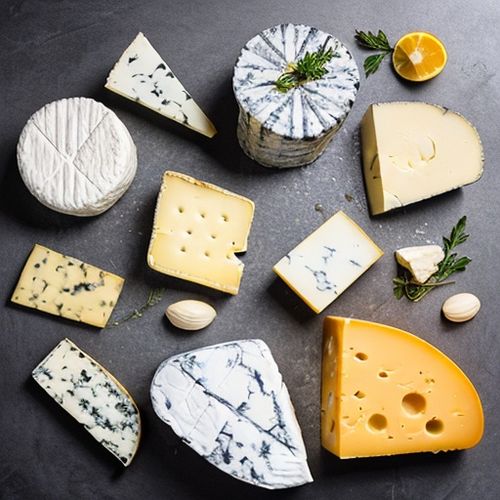
By Sophia Lewis/Apr 24, 2025
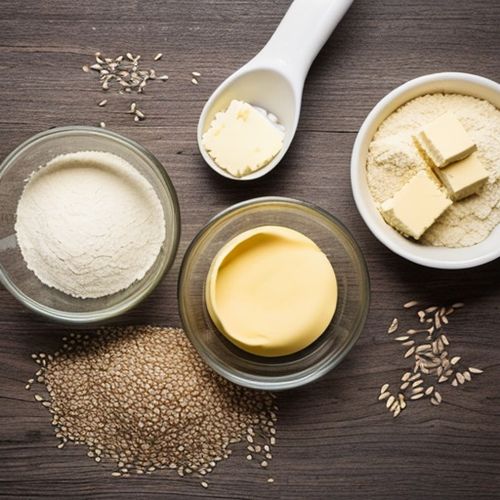
By William Miller/Apr 24, 2025
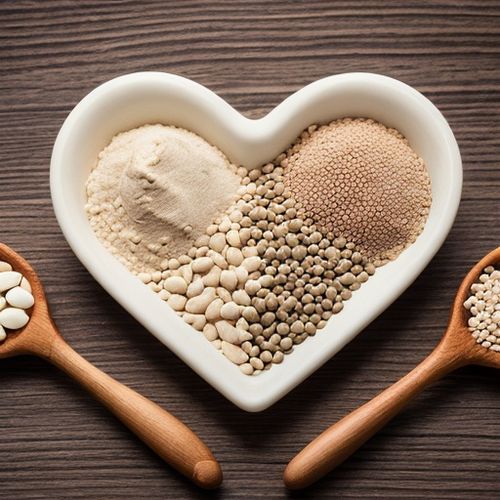
By Olivia Reed/Apr 24, 2025

By Laura Wilson/Apr 24, 2025

By Victoria Gonzalez/Apr 24, 2025
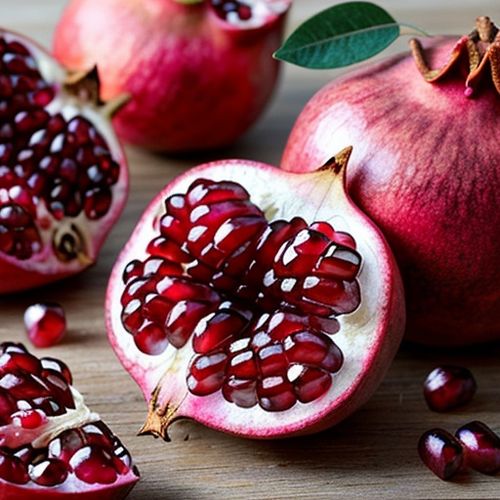
By Natalie Campbell/Apr 24, 2025

By Jessica Lee/Apr 24, 2025
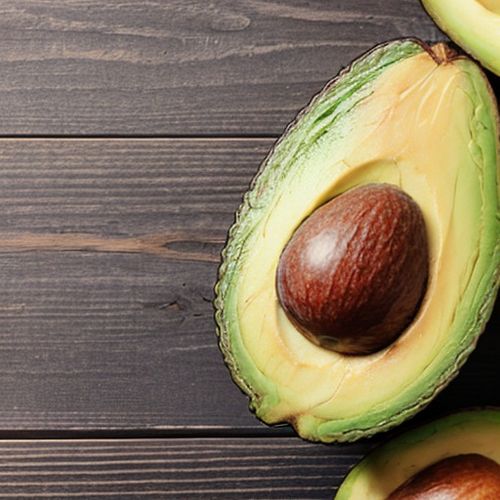
By Rebecca Stewart/Apr 24, 2025
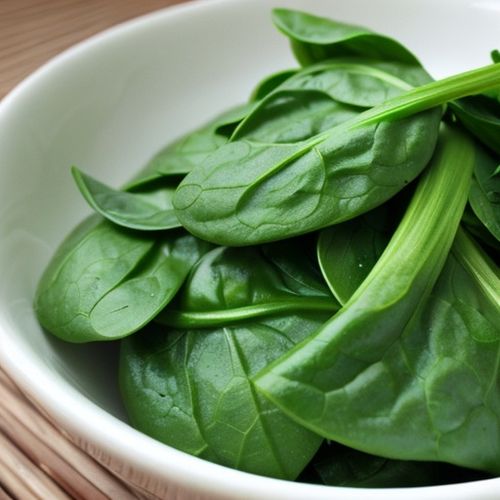
By George Bailey/Apr 24, 2025

By Elizabeth Taylor/Apr 24, 2025

By Thomas Roberts/Apr 24, 2025
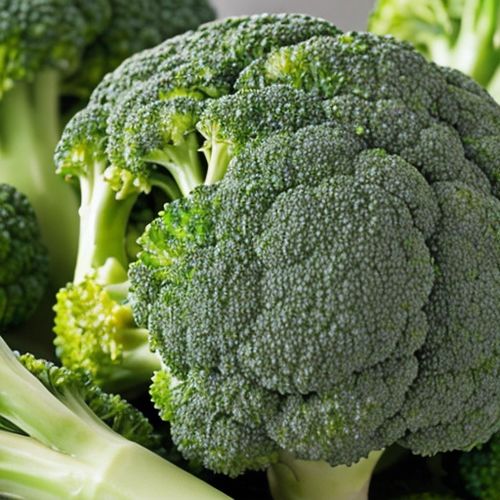
By Laura Wilson/Apr 24, 2025
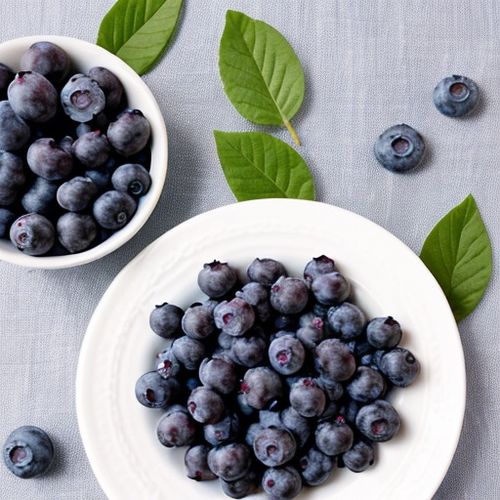
By Samuel Cooper/Apr 24, 2025

By Lily Simpson/Jan 13, 2025
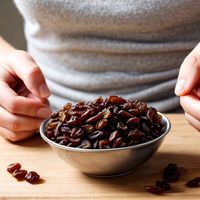
By Christopher Harris/Dec 20, 2024

By Samuel Cooper/Dec 20, 2024